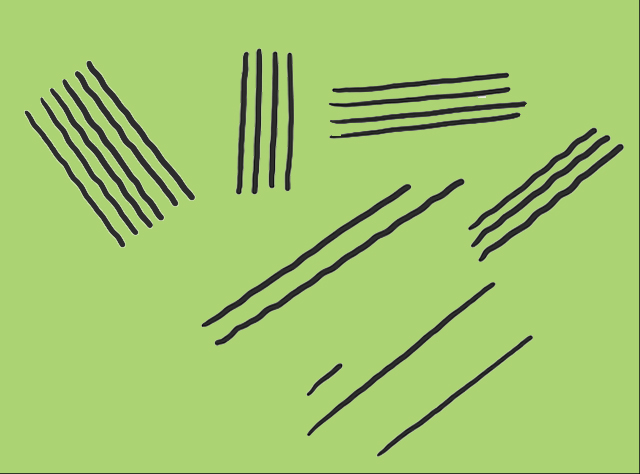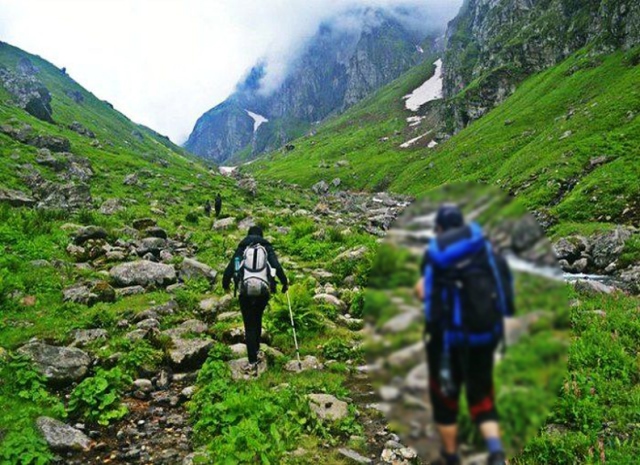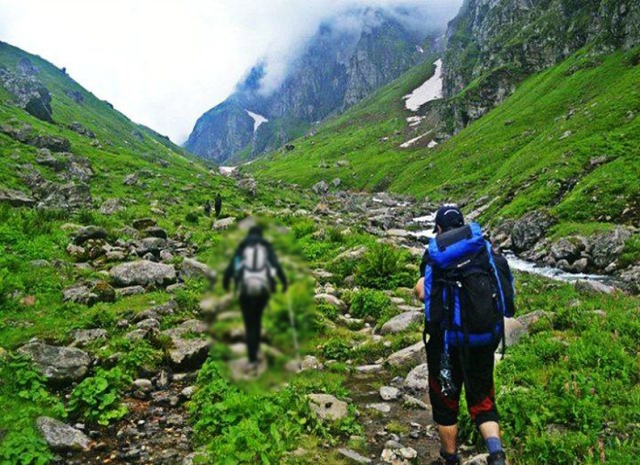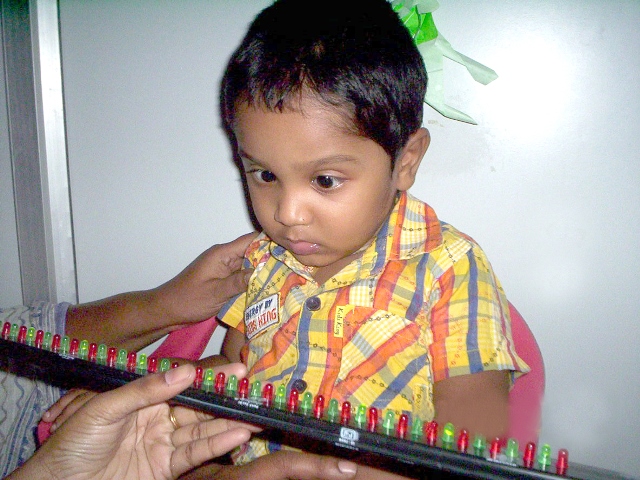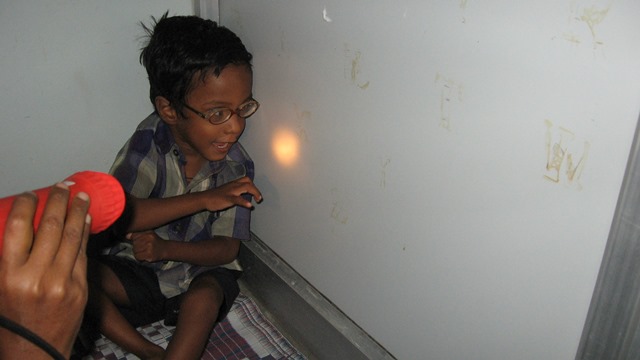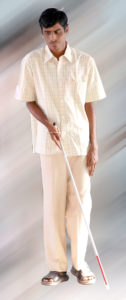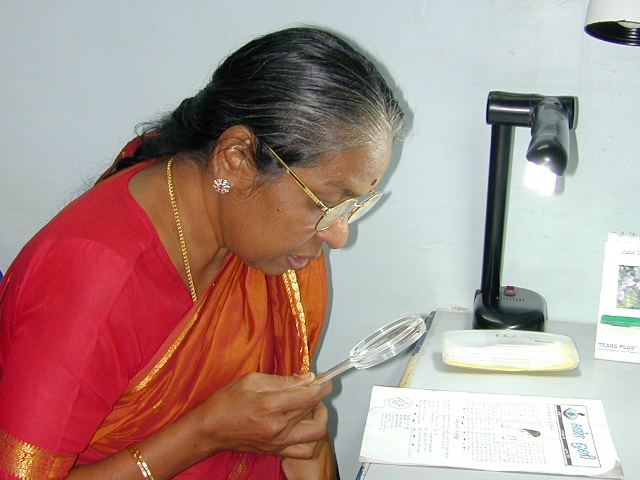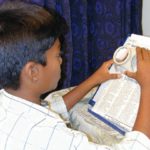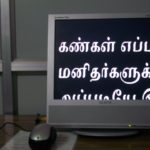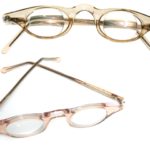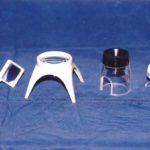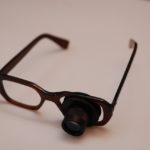Low Vision in Children (0-18 years):
Low vision can drastically change a child’s life. It not only affects their ability to see, but also their education and cognitive development. It can be caused conditions, such as:
At Aravind, we rehabilitate children with low vision, special needs, or multiple handicaps. Our methods of rehabilitation treat the child as a WHOLE. Your child can benefit from services designed to strengthen their eyesight, mobility, independent living skills, and cognitive abilities.
We offer a number of services, such as:
Vision Stimulation Therapy:
Therapy designed to stimulate the child’s remaining vision. Commonly used in children aged 0-5 years and in children with multiple handicaps.
Cognitive Visual Assessment:
Children with low vision may also have cognitive disabilities. Aravind will perform a complete cognitive assessment. Based on the results, your child may benefit from cognitive-visual interventions.
Counselling on Integrated Education:
Children with low vision may have trouble in school. This is because low vision makes it difficult to learn many school subjects, like mathematics and reading. Aravind counsellors can recommend some special, integrated schools for your child. These schools will teach all the normal subjects. However, they will use low vision devices, so the lessons are easier to read. These schools will also teach your child the skills they need to live a normal, independent life.
Early Intervention Program:
These programs are for young children (under the age of 5) with low vision or multiple handicaps. It is personalized and helps children become more independent.


